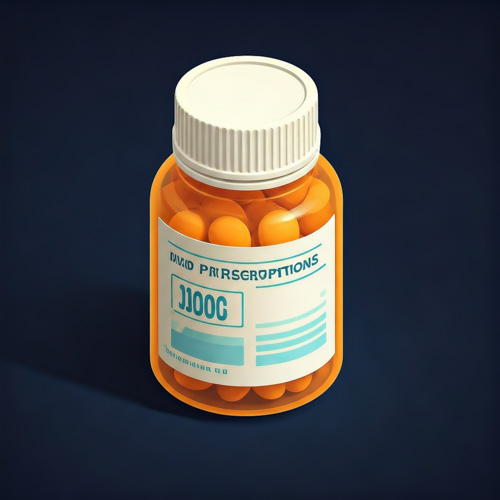A Glimmer of Hope in the Night? Common Sleeping Pill Shows Promise Against Alzheimer’s Proteins
For many in Generation X, the future health landscape, particularly concerning cognitive decline like Alzheimer’s disease, is an increasingly relevant, if not unsettling, consideration. As we navigate the complexities of midlife, often caring for aging parents while contemplating our own later years, news offering potential avenues for prevention or mitigation of such conditions captures our attention. A recent study, reported by ScienceAlert, offers a compelling, albeit early, insight into a surprising link between a common sleeping medication and the reduction of proteins associated with Alzheimer’s.
Linking Sleep and Alzheimer’s Proteins
Researchers at Washington University in St. Louis conducted the study, which Annals of Neurology published. They focused on suvorexant, a prescription medication doctors typically use to treat insomnia. The key finding? In a small group of healthy, middle-aged adults, taking suvorexant for just two nights led to a measurable decrease in amyloid-beta and tau protein levels in their cerebrospinal fluid. These proteins build up in the brain and researchers consider them hallmarks of Alzheimer’s disease.

The research builds on the growing understanding of the critical relationship between sleep and brain health. Scientists believe that during sleep, the brain undertakes a vital “cleaning” process. This process flushes out waste products, including these very proteins. Poor sleep patterns have been linked to an increased risk of Alzheimer’s. This study explored whether enhancing sleep with a medication like suvorexant could directly impact the levels of these problematic proteins.
Promising Results, Important Caveats
While the results are intriguing and offer a potential new avenue for research, the lead researcher, neurologist Dr. Brendan Lucey, appropriately cautions against interpreting this as a green light to start taking suvorexant solely to prevent Alzheimer’s. The study was short-term. It involved a small cohort of healthy individuals without cognitive impairment or sleep issues. The long-term effects and optimal dosage for this purpose remain unknown. Furthermore, the potential downsides and dependency risks associated with prolonged sleeping pill use are well-established.
What This Means for Generation X
For those of us in Generation X, this research underscores the importance of prioritizing sleep as part of our overall health and wellness strategy as we age. While a prescription sleeping pill may not be the immediate answer for Alzheimer’s prevention, the study reinforces the value of ensuring adequate and quality sleep. It serves as a reminder that maintaining healthy sleep habits could be a proactive step in supporting brain health over the long term. This research represents a promising step in understanding the complex interplay between sleep and Alzheimer’s. It will be crucial to follow future studies that explore this connection further.


